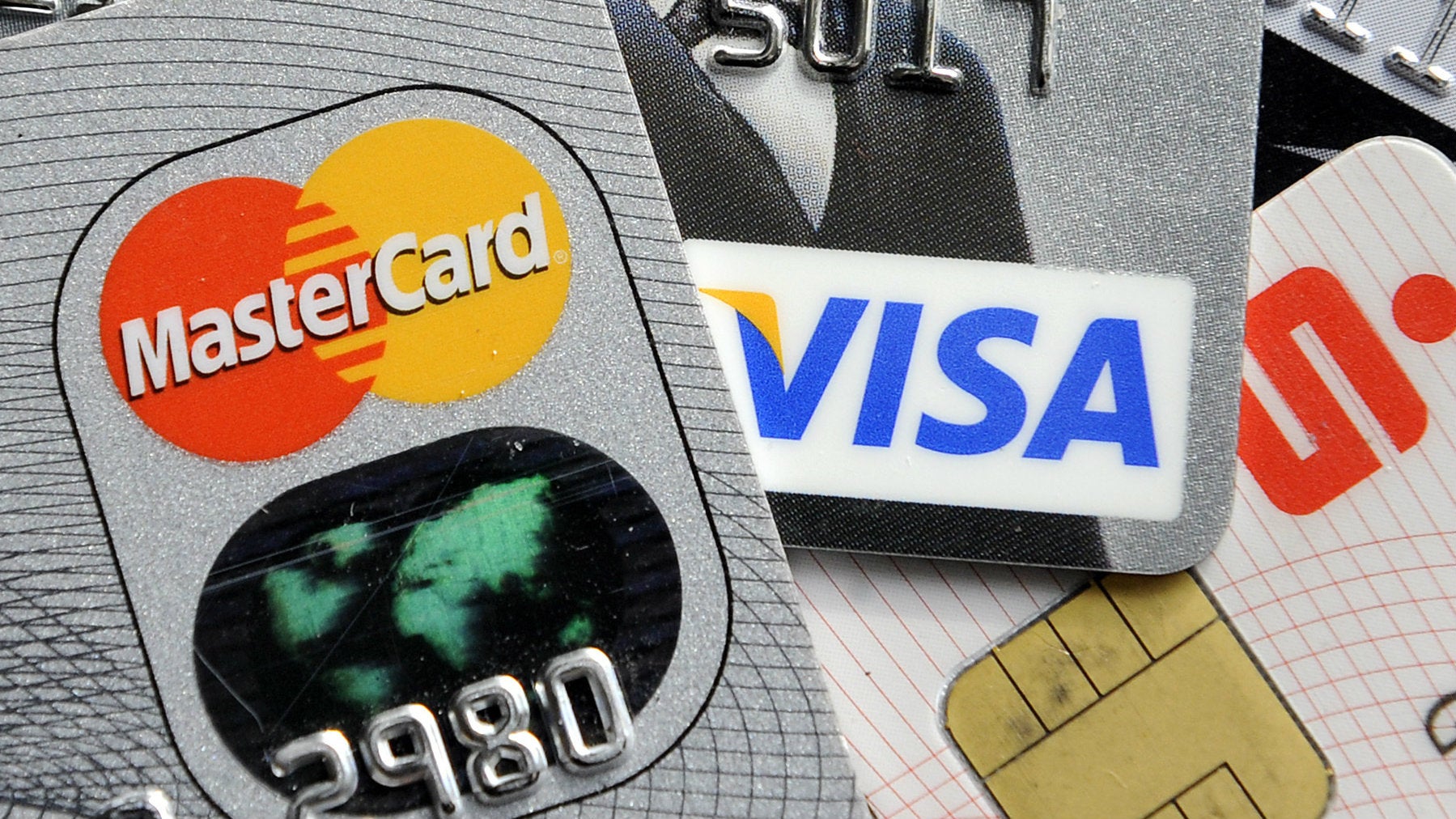Don’t panic. Here’s Quartz’s 48-hour survival guide to living cash-free in urban India
On the night of Nov. 08, hours after prime minister Narendra Modi announced the end of the current Rs500 and Rs1,000-denominated notes, thousands of Indians lined up outside ATMs across the country to quickly withdraw some cash.


On the night of Nov. 08, hours after prime minister Narendra Modi announced the end of the current Rs500 and Rs1,000-denominated notes, thousands of Indians lined up outside ATMs across the country to quickly withdraw some cash.
That’s because the machines will now be shuttered for up to two days so that new notes can be injected into the financial system. And with banks scheduled to remain closed on Nov. 09 to facilitate this huge change, it’s no surprise that a bit of a panic has set in, particularly among those who didn’t have much cash on them.
However, in the world’s fastest-growing startup ecosystem, it is remarkably easy to imagine going cash-free in urban India—at least for the next 48 hours. Everything from getting to work to stocking your fridge is, luckily, just a click away.
Here’s the essential survival guide:
Groceries and vegetables: Across urban India, online delivery of vegetables, fruits, dairy products, meat, and household products is becoming increasingly popular. Often, the variety and quality of products available online go far beyond what the local grocer can offer. For example, BigBasket.com sells over 1,000 brands of more than 18,000 products—far more than what most physical stores can hold.
Several such services now offer express delivery, where orders are fulfilled in a couple of hours at minimal additional charges. Besides, such services are not limited to metros. For instance, hyper-local grocery delivery app Grofers operates in around 20 cities, including smaller ones such as Surat, Kanpur, Agra, Indore, Nagpur, Ludhiana, and Vadodara. Other options include online meat shop Licious, chemical-free meat delivery company FreshToHome, and gourmet grocery store Nature’s Basket.
Food delivery: If you’re not in the mood to cook and your favourite neighbourhood restaurant doesn’t accept cards, food delivery services have got you covered. Apps such as Swiggy, Runnr, and Zomato will deliver anything from Mexican tacos to Indian-Chinese favourites to a Punjabi spread and you can pay online with your card.
Commuting and travel: If there’s one area that has thoroughly benefited from apps, it’s travel. Whether you’re commuting or planning an international trip, going cashless is remarkably simple.
Within cities, private taxis are just a few clicks away. The taxi wars of the past few years have made hailing one easy and affordable even if you can only pay online. Ola users can pay via the company’s own online wallet, Ola Money, while Uber allows customers to attach their debit or credit cards to the app or pay using the online wallet service Paytm.
Even metro cards for some cities can be recharged online using mobile wallets such as Paytm and Freecharge.
For inter-state travel, bus tickets can be booked using net banking or credit and debit cards on portals like redBus and AbhiBus. Indian Railways’ ticketing portal IRCTC allows users to book train tickets while airline tickets can be booked on websites and apps of companies such as MakeMyTrip and Yatra. Meanwhile, hotel reservations can be made on OYO Rooms, Trivago, Booking.com, Cleartrip, Goibibo, and Expedia. There’s also Airbnb.
Paying bills: Gone are the days of queuing up outside government offices to pay for power or water. Now, you can clear your internet, mobile phone, and landline bills, among others, through e-wallets or on company and government websites.
Medicines and condoms: A number of startups have launched e-pharmacies where one can buy prescription and over-the-counter drugs and contraceptives, often 24 hours a day, with the option of e-payment or card at the time of delivery. For example, online pharmacy Netmeds delivers to any location in India and Zigy.com, founded by former Infosys director Phaneesh Murthy, is an online marketplace where you can find allopathic, homeopathic, and ayurvedic healthcare products. Even condoms can be bought on e-commerce portals like Amazon, though you’ll have to wait a while till they are delivered.
Clothes and accessories: Fashion is one of the hottest categories in Indian e-commerce. From specialised players such as Myntra and Jabong to online retailers, including Flipkart and Amazon, there are several options to buy clothes, shoes, bags, and accessories online, all without paying in cash.
Books and entertainment: One of the first products to be sold online in India were books and over the years the industry has grown so rapidly that some new reads are exclusively launched on e-commerce portals. Take your pick from Amazon’s Kindle service (available as an app for tablets and smartphones) and Google’s Play Books (available on Android devices), among others. If you don’t have the small currency denominations to pick up a magazine or newspaper at your local newsagent, apps such as Google Play Newsstand, Zinio, and more have got you covered with the latest issues, from both India and abroad.
For tickets to movies, plays, and other events, BookMyShow is your best bet, enabling you to pay online for a small surcharge per ticket.
Home cleaning and laundry: You can easily avoid paying cash to the dhobi (washerman/woman) or your maid, thanks to websites that offer house cleaning, washing, ironing, and dry-cleaning services that accept online payment. Housejoy or Quikr could even get you hefty discounts or cashback on home cleaning. For laundry services, there are Wassup on Demand, Timesaverz, PickMyLaundry, and LaundryWala, among others.
Beauty services: In case you’ve run out of cash and the neighbourhood salon does not accept cards, you could tap—even at short notice—StayGlad, Housejoy, and UrbanClap. They all offer home service at rates that match those of salons.
Alcohol: Planning to celebrate or mourn the results of the US elections? Services such as LiquorKart promise to deliver anything from beer and wine to whisky (including premium scotch) and tequila. You can even order glassware or accessories and pay online.